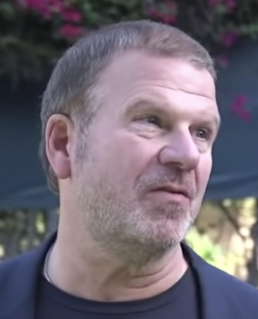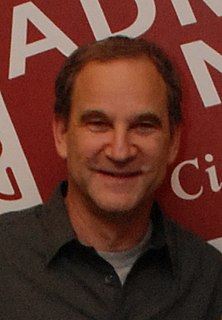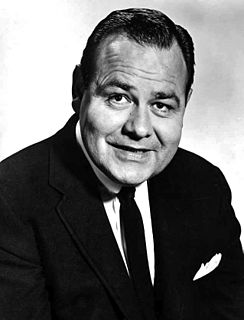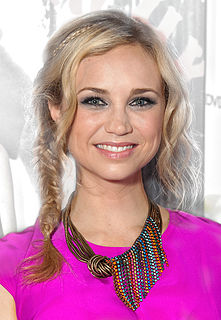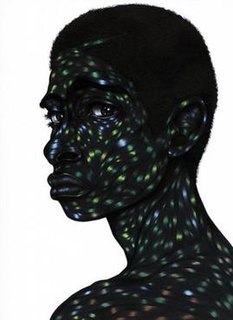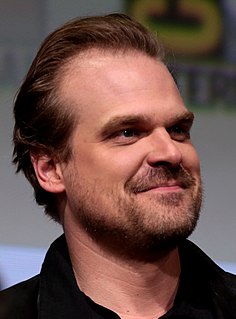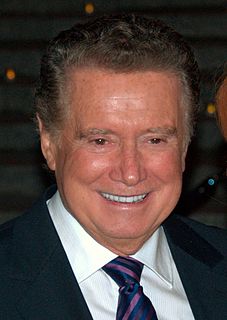A Quote by Ricky Martin
Before I came out, I had a lot of anger. For years people would ask, 'How are you doing?' and I'd say, 'Good, fine.' It's show business, and that's what you have to show.
Related Quotes
For years, people have been trying to talk to me about doing a show, and I wouldn't do one because I'm a serious business guy. I'm not going to do a stupid show. So, the opportunity came up with CNBC, and we started talking. It became a real business show. It's educational, people watch it, and it's great for small business.
I would say we had two goals when doing this CD. The first goal is to introduce people who have never seen the show before to the best comics that are on the show. And goal number two is to introduce people that they never heard of before and give you a bit more flavor of what the show is actually like. And those goals are very much in line with the philosophy of the show from the very beginning. It's the very best people who are out there.
It's interesting: I went 25 years without watching a single television show. I was one of those people, because I was so inside how a television show was made, if I would turn on somebody else's show, I would sit there and analyze it, like, 'Oh, so they had four hours in this location and had to get out and the number of set-ups, etc.'
Be undeniably good. When people ask me how do you make it in show business or whatever, what I always tell them & nobody ever takes note of it 'cause it's not the answer they wanted to hear-what they want to hear is here's how you get an agent, here's how you write a script, here's how you do this-but I always say, “Be so good they can't ignore you.” If somebody's thinking, “How can I be really good?” people are going to come to you. It's much easier doing it that way than going to cocktail parties.
I met a bunch of people and they said, "We're gonna do a show [Second City]." So we would buy the theater out and do a show, and we did that for five years and we ended up becoming popular. It was before sketch comedy was hipster-time - when you would hand out a flier, people would roll their eyes. Now it's kind of cool.
I had never intended to be on the show more than three years, regardless of how successful it was. I had other things I wanted to do. And I was offered a role in 'Red Sky at Morning', [1970]. I got that part because [producer] Hal Wallis had seen the HERE'S LUCY show with Ann-Margaret. It was a thrill for me, getting to do the drama and comedy. It was such a good role. So I missed several episodes of the show to shoot the movie. And I never came back but one.
One of the things I've learned - before I would go on a show, I was like, "Oh God, I hate that show" or "That show is gonna get canceled." But now after being full-time on a show, you see how difficult it is and how much work goes into it and how so many decisions are based on finances or people's schedules or talent or location issues. It's a miracle that anything gets made.
I started blogging because I didn't know if I wanted to be an artist. I wanted to talk to other people online who were doing art, so I would post work and ask for feedback. I loved that an artist like James Jean would show his process on his blog. It became this open dialogue that, unfortunately, we don't have a lot in the fine-art world. People will say, "Wow, you share a lot." I'm like, "No, I make it a point to." Instagram is a great place for people to share failure. I don't want people to think that being an artist is some glamorous life.

